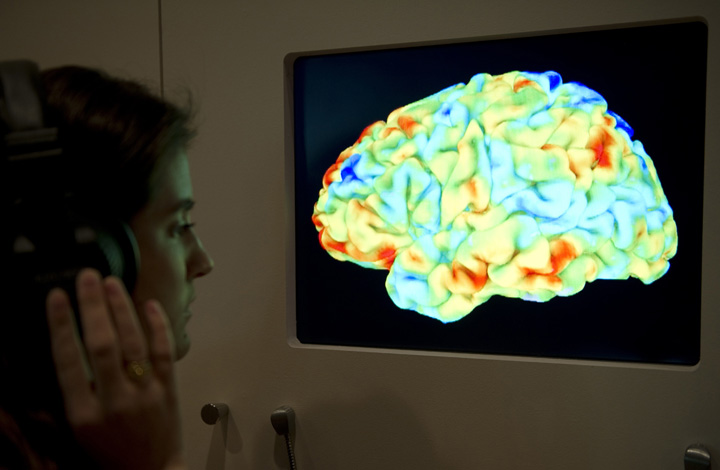Researchers say a new algorithm can help distinguish between two mental illnesses and predict patient reactions to different medications.

The algorithm, powered by artificial intelligence, was developed in a collaborative study between the Lawson Health Research Institute, The Mind Research Network and the Brainnetome Center.
The first part of the study included 66 adult patients from mental health programs at London Health Sciences Centre who had been previously diagnosed with either major depressive disorder or bipolar disorder.
Researchers examined fMRI brain scans from these patients and compared them to scans from 33 other participants who had no known history of mental illness.
It was discovered that scans from the three groups differed in certain brain networks, such as the default mode network, which is thought to be important for self-reflection.
In the next part of the study, researchers with the Mind Research Network developed an AI algorithm based on this data.

Get weekly health news
Using machine learning, the algorithm was able to examine the scans and determine whether a patient had MDD or bipolar disorder with 92.4 per cent accuracy.
WATCH: MRI scans suggest transgender people’s brains resemble their identified gender: study

The algorithm was then applied to 12 additional participants with complex mood disorders for whom a diagnosis was not clear.
The algorithm again helped predict a diagnosis but also examined patient responses to different medications.
Researchers found that 11 of these 12 participants responded well to the medication predicted by the algorithm.
“This study takes a major step towards finding a biomarker of medication response in emerging adults with complex mood disorders,” said Dr. Elizabeth Osuch, one of the lead investigators on the study.
Osuch adds that it is often difficult to prescribe medication for patients with complex mood disorders when a diagnosis is not clear.
“Having a biological test or procedure to identify what class of medication a patient will respond to would significantly advance the field of psychiatry,” Osuch said.












Comments